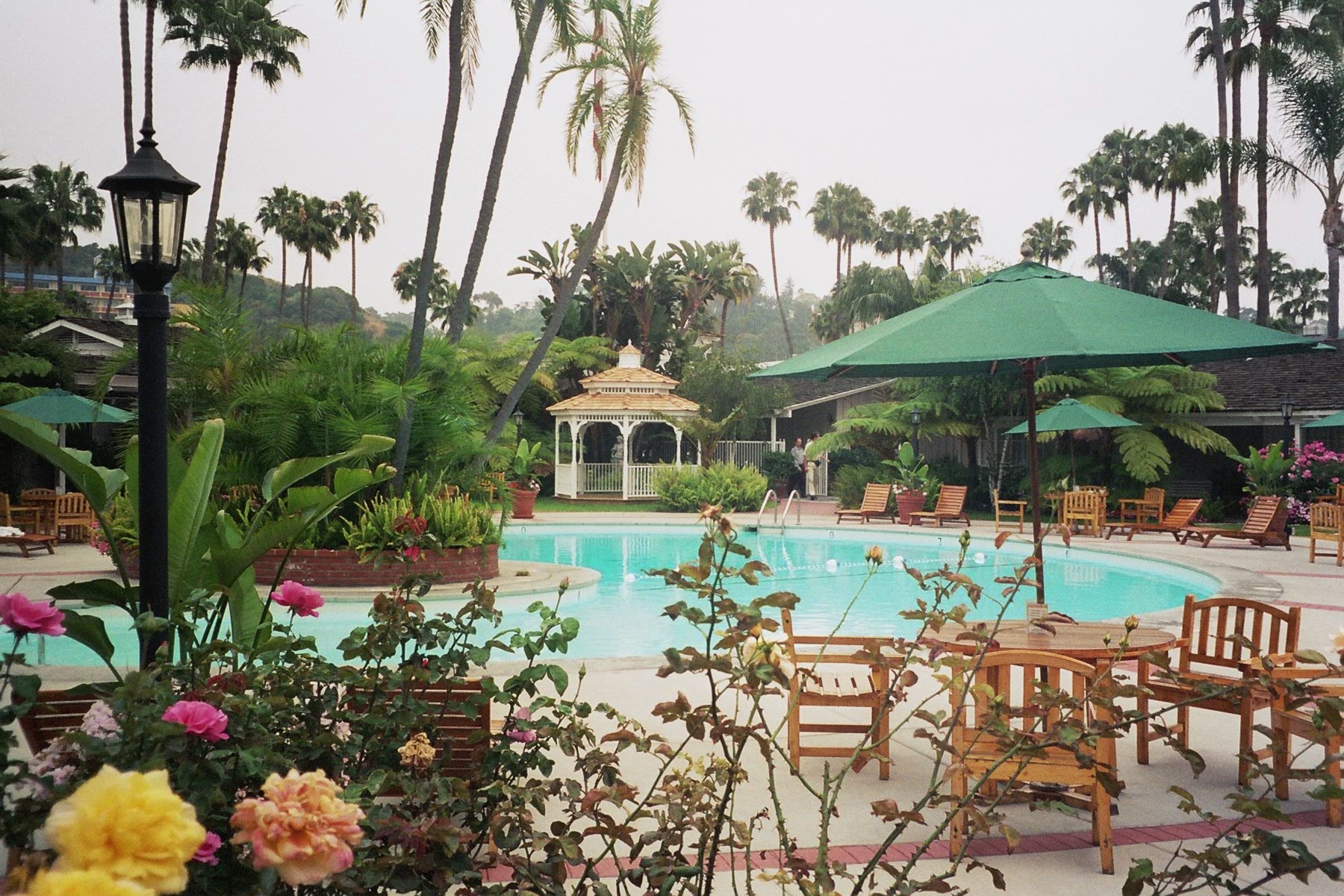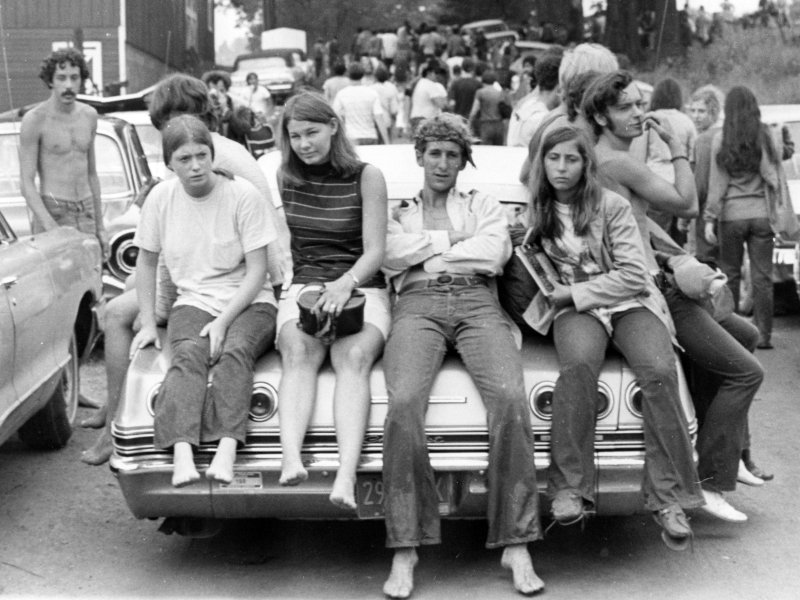|
Trindade, Rio De Janeiro
Trindade (Portuguese for trinity) is a bairro in the Municipality of Paraty, located at the south-western tip of the federal state of Rio de Janeiro of Brazil, right on the border to São Paulo. Trindade was traditionally a Caiçara fishing village. Today, it is largely made up of craft shops and restaurants catering to tourists. Part of Trindade belongs to the Serra da Bocaina National Park and is protected by the Icmbio. History Trindade was once inhabited by Tupi Indians, pirates and Portuguese. In the 1970s, it became known among hippies for its beautiful beaches. At the same time, Agência de Desarollo de Latino América (ADELA), a multinational based in Luxembourg, invested in the fishing village to create a resort A resort (North American English) is a self-contained commercial establishment that tries to provide most of a vacationer's wants, such as food, drink, swimming, lodging, sports, entertainment, and shopping, on the premises. The term ''resort ... and a ... [...More Info...] [...Related Items...] OR: [Wikipedia] [Google] [Baidu] |
Trindade (4181103751)
Trindade (Portuguese for Trinity) may refer to: Places Brazil *Trindade, Rio de Janeiro *Trindade, Goiás *Trindade, Pernambuco *Trindade, Florianópolis, Santa Catarina, Florianópolis, Santa Catarina *Trindade (island), Espírito Santo Portugal *Trindade (Beja), a parish in the municipality of Beja *Trindade (Vila Flor), a parish in the municipality of Vila Flor *Trindade station on the Porto Metro system São Tomé and Príncipe *Trindade (São Tomé and Príncipe), a town and the capital of the Mé-Zóchi District People *Armando Trindade (born 1927), Pakistani Catholic priest, 9th Bishop of Lahore *Rui Manuel Trindade Jordão, (1952) Angola born Portuguese international footballer *Manuel da Costa (footballer, born 1986) (1986) France born Portuguese footballer *Camila Trindade (1989) Brazilian model Other uses *Trindade Atlético Clube, a Brazilian football (soccer) club *Trindade (water), a brand of bottled water from Cape Verde See also *Trinidad *Trinidad (disambig ... [...More Info...] [...Related Items...] OR: [Wikipedia] [Google] [Baidu] |
Serra Da Bocaina National Park
Serra da Bocaina National Park is a national park of Brazil. It is located at the border between the states of Rio de Janeiro and São Paulo in southeastern Brazil. Location Created by Federal Decree in 1971 and comprises an area of approximately and a significant biodiversity. The park headquarters is located in São José do Barreiro, the State of São Paulo. It is administered by the Chico Mendes Institute for Biodiversity Conservation (ICMBio). It is estimated that 60% of the vegetation is composed of native Atlantic Forest, and the rest is forest regenerated (secondary) for over 30 years. The highest point is Pico do Tira o Chapéu, which reaches above sea level, one of the highest points of the State of São Paulo. The park is part of the Bocaina Mosaic, created in 2006. Biota Among the species of flora are pines, cedars, trumpet trees, palm trees and bromeliads. Among the fauna of the park are cats, sloths, deer, monkeys, snakes and birds. A number of amphibians are ... [...More Info...] [...Related Items...] OR: [Wikipedia] [Google] [Baidu] |
Resort
A resort (North American English) is a self-contained commercial establishment that tries to provide most of a vacationer's wants, such as food, drink, swimming, lodging, sports, entertainment, and shopping, on the premises. The term ''resort'' may be used for a hotel property that provides an array of amenities, typically including entertainment and recreational activities. A hotel is frequently a central feature of a resort, such as the Grand Hotel at Mackinac Island, Michigan. Some resorts are also condominium complexes that are timeshares or owned fractionally or wholly owned condominium. A resort is not always a commercial establishment operated by a single company, but in the late 20th century, that sort of facility became more common. In British English, "resort" means a town which people visit for holidays and days out which usually contains hotels at which such holidaymakers stay. Examples would include Blackpool and Brighton. Destination resort A destinatio ... [...More Info...] [...Related Items...] OR: [Wikipedia] [Google] [Baidu] |
Luxembourg
Luxembourg ( ; lb, Lëtzebuerg ; french: link=no, Luxembourg; german: link=no, Luxemburg), officially the Grand Duchy of Luxembourg, ; french: link=no, Grand-Duché de Luxembourg ; german: link=no, Großherzogtum Luxemburg is a small landlocked country in Western Europe. It borders Belgium to the west and north, Germany to the east, and France to the south. Its capital and most populous city, Luxembourg, is one of the four institutional seats of the European Union (together with Brussels, Frankfurt, and Strasbourg) and the seat of several EU institutions, notably the Court of Justice of the European Union, the highest judicial authority. Luxembourg's culture, people, and languages are highly intertwined with its French and German neighbors; while Luxembourgish is legally the only national language of the Luxembourgish people, French and German are also used in administrative and judicial matters and all three are considered administrative languages of the cou ... [...More Info...] [...Related Items...] OR: [Wikipedia] [Google] [Baidu] |
Multinational Corporation
A multinational company (MNC), also referred to as a multinational enterprise (MNE), a transnational enterprise (TNE), a transnational corporation (TNC), an international corporation or a stateless corporation with subtle but contrasting senses, is a corporate organization that owns and controls the production of goods or services in at least one country other than its home country. Control is considered an important aspect of an MNC, to distinguish it from international portfolio investment organizations, such as some international mutual funds that invest in corporations abroad simply to diversify financial risks. Black's Law Dictionary suggests that a company or group should be considered a multinational corporation "if it derives 25% or more of its revenue from out-of-home-country operations". Most of the largest and most influential companies of the modern age are publicly traded multinational corporations, including '' Forbes Global 2000'' companies. History Colonialism Th ... [...More Info...] [...Related Items...] OR: [Wikipedia] [Google] [Baidu] |
Beach
A beach is a landform alongside a body of water which consists of loose particles. The particles composing a beach are typically made from rock, such as sand, gravel, shingle, pebbles, etc., or biological sources, such as mollusc shells or coralline algae. Sediments settle in different densities and structures, depending on the local wave action and weather, creating different textures, colors and gradients or layers of material. Though some beaches form on inland freshwater locations such as lakes and rivers, most beaches are in coastal areas where wave or current action deposits and reworks sediments. Erosion and changing of beach geologies happens through natural processes, like wave action and extreme weather events. Where wind conditions are correct, beaches can be backed by coastal dunes which offer protection and regeneration for the beach. However, these natural forces have become more extreme due to climate change, permanently altering beaches at very rapid ... [...More Info...] [...Related Items...] OR: [Wikipedia] [Google] [Baidu] |
Hippie
A hippie, also spelled hippy, especially in British English, is someone associated with the counterculture of the 1960s, originally a youth movement that began in the United States during the mid-1960s and spread to different countries around the world. The word '' hippie'' came from '' hipster'' and was used to describe beatniks who moved into New York City's Greenwich Village, in San Francisco's Haight-Ashbury district, and Chicago's Old Town community. The term ''hippie'' was used in print by San Francisco writer Michael Fallon, helping popularize use of the term in the media, although the tag was seen elsewhere earlier. The origins of the terms ''hip'' and ''hep'' are uncertain. By the 1940s, both had become part of African American jive slang and meant "sophisticated; currently fashionable; fully up-to-date". The Beats adopted the term ''hip'', and early hippies inherited the language and countercultural values of the Beat Generation. Hippies created their own communit ... [...More Info...] [...Related Items...] OR: [Wikipedia] [Google] [Baidu] |
Portuguese Colonization Of The Americas
Portuguese colonization of the Americas () constituted territories in the Americas belonging to the Kingdom of Portugal. Portugal was the leading country in the European exploration of the world in the 15th century. The Treaty of Tordesillas in 1494 divided the Earth outside Europe into Castilian and Portuguese global territorial hemispheres for exclusive conquest and colonization. Portugal colonized parts of South America (Brazil, Colónia do Sacramento, Uruguay, Guanare, Venezuela), but also made some unsuccessful attempts to colonize North America (Newfoundland and Labrador and Nova Scotia in Canada). Settlements in North America Based on the terms defined in the Treaty of Tordesillas, the Portuguese Crown claimed it had territorial rights in the area visited by the explorer John Cabot in 1497 and 1498 on behalf of the Crown of England. To that end, in 1499 and 1500, the Portuguese mariner João Fernandes Lavrador visited the northeast Atlantic coast and Greenland, whic ... [...More Info...] [...Related Items...] OR: [Wikipedia] [Google] [Baidu] |
Piracy
Piracy is an act of robbery or criminal violence by ship or boat-borne attackers upon another ship or a coastal area, typically with the goal of stealing cargo and other valuable goods. Those who conduct acts of piracy are called pirates, vessels used for piracy are pirate ships. The earliest documented instances of piracy were in the 14th century BC, when the Sea Peoples, a group of ocean raiders, attacked the ships of the Aegean and Mediterranean civilisations. Narrow channels which funnel shipping into predictable routes have long created opportunities for piracy, as well as for privateering and commerce raiding. Historic examples include the waters of Gibraltar, the Strait of Malacca, Madagascar, the Gulf of Aden, and the English Channel, whose geographic structures facilitated pirate attacks. The term ''piracy'' generally refers to maritime piracy, although the term has been generalized to refer to acts committed on land, in the air, on computer networks, and (in scie ... [...More Info...] [...Related Items...] OR: [Wikipedia] [Google] [Baidu] |
Tupi People
A subdivision of the Tupi-Guarani linguistic families, the Tupi people were one of the largest groups of indigenous Brazilians before its colonization. Scholars believe that while they first settled in the Amazon rainforest, from about 2,900 years ago the Tupi started to migrate southward and gradually occupied the Atlantic coast of Southeast Brazil. Many Tupi people today are merged with the Guaraní people, forming the Tupi–Guarani languages. Guarani languages are linguistically different from the Tupian languages. History The Tupi people inhabited almost all of Brazil's coast when the Portuguese first arrived there. In 1500, their population was estimated at 1 million people, nearly equal to the population of Portugal at the time. They were divided into tribes, each tribe numbering from 300 to 2,000 people. Some examples of these tribes are: ''Tupiniquim'', '' Tupinambá'', ''Potiguara'', ''Tabajara'', '' Caetés'', ''Temiminó'', ''Tamoios''. The Tupi were adept agricu ... [...More Info...] [...Related Items...] OR: [Wikipedia] [Google] [Baidu] |
Icmbio
The Chico Mendes Institute for Biodiversity Conservation (Portuguese: ''Instituto Chico Mendes de Conservação da Biodiversidade'', ICMBio) is the Brazilian Ministry of the Environment's administrative arm."Brazilian Federal Law 11.516/2007 (Portuguese)". http://www.planalto.gov.br/ccivil_03/_ato2007-2010/2007/lei/l11516.htm It is named after the environmental activist Chico Mendes Francisco Alves Mendes Filho, better known as Chico Mendes (; 15 December 1944 – 22 December 1988), was a Brazilian rubber tapper, trade union leader and environmentalist. He fought to preserve the Amazon rainforest, and advocated for the h .... References Nature conservation in Brazil Executive branch of Brazil Research institutes in Brazil Biodiversity databases Government agencies established in 2007 Environmental organizations established in 2007 2007 establishments in Brazil {{brazil-gov-stub, date=March 2014 ... [...More Info...] [...Related Items...] OR: [Wikipedia] [Google] [Baidu] |
.jpg)





